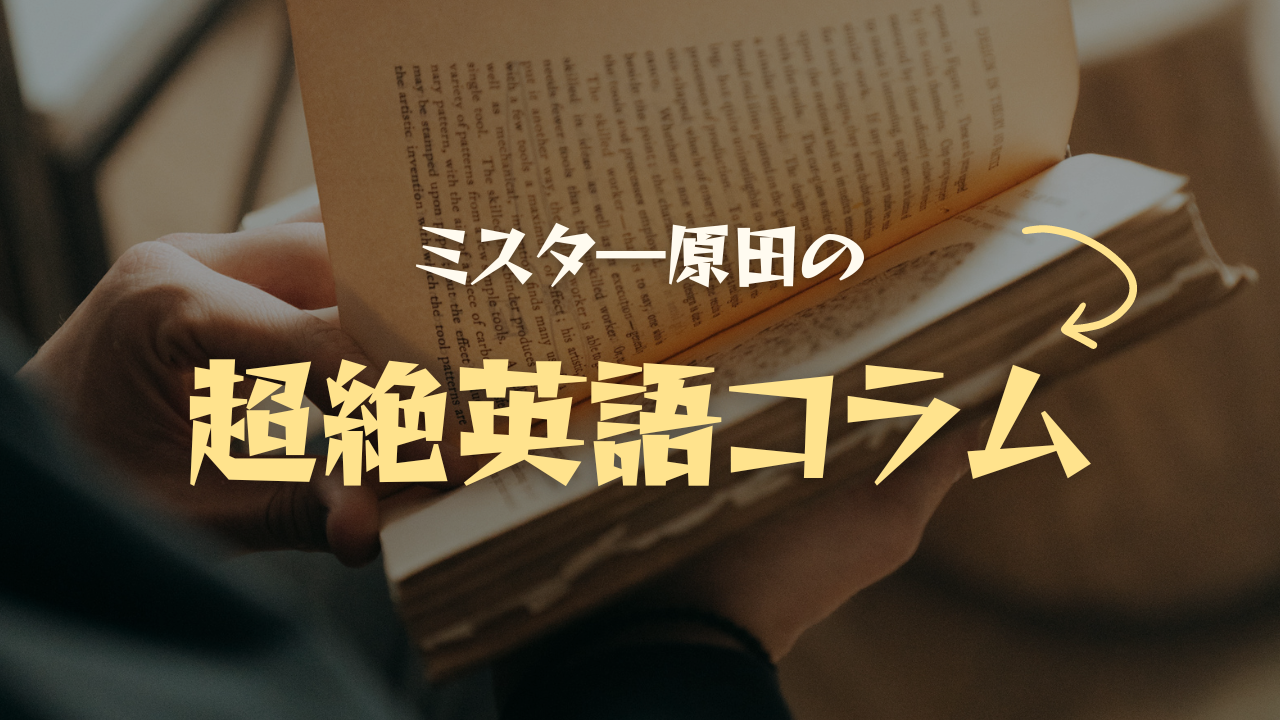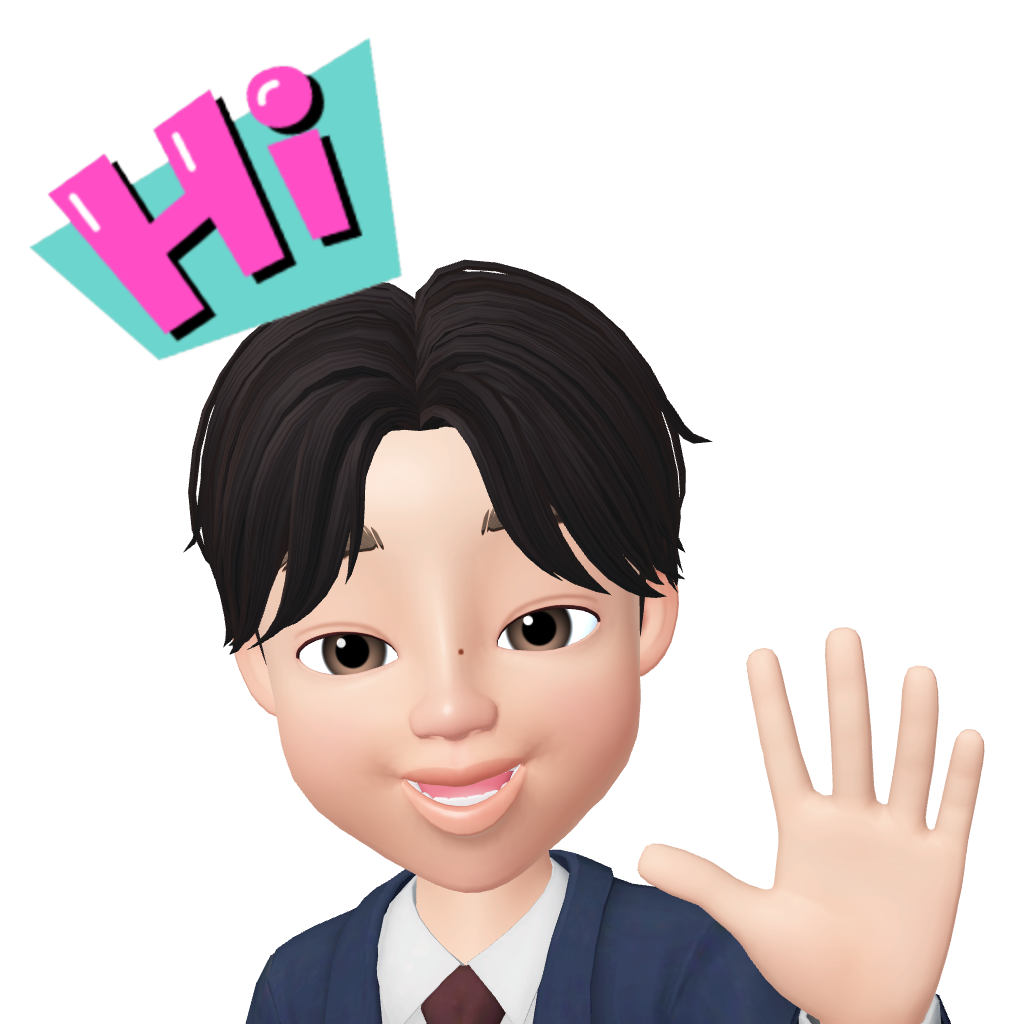
「”Can I~?”で失敗!? ネイティブが教える英語の礼儀作法」~Pleaseはマジックワード!~
英語学習者にとって、”Can I~?”は基本的な表現として広く知られている。しかし、実際のネイティブスピーカーとの会話では、この表現が思わぬ失敗を招くことがある▼私自身、大学時代フロリダでのホームステイ中に痛い経験をした。ホストファミリーに何かを頼む際、何度も”Can I~?”を使っていたところ、ある日突然叱られてしまったのだ。「”Can I”は子供っぽくて失礼よ。”May I”や”Could you please”を使いなさい」と▼実は英語圏では、”Can I~?”は能力を問う表現として捉えられることがある。そのため、特にフォーマルな場面や目上の人に対しては、より丁寧な表現を使うことが望ましいのだ▼代わりに使える表現としては、”May I~?”や”Would it be possible to~?”などがある。また、”Could you please~?”のように、相手に依頼する形も有効だ。これらの表現は、相手の許可や意向を尊重する姿勢を示すことができる▼さらに、英語圏では”Please”を「マジックワード」と呼ぶことがある。子供たちに礼儀正しい言葉遣いを教える際によく使われる表現だ。親が子供に「What’s the magic word?」と尋ねると、子供は「Please!」と答える。この小さなやりとりを通じて、子供たちは早い段階から丁寧な言葉遣いの重要性を学んでいく。”Please”を適切に使うことで、会話全体の印象が大きく変わることもある▼言語を学ぶ際、文法や語彙だけでなく、その言葉が持つニュアンスや文化的背景を理解することが重要だ。”Can I~?”のような基本的な表現でさえ、使い方次第で印象が大きく変わることを、身をもって学んだ。グローバル社会では、こうした細やかな言葉遣いの違いにも敏感であることが求められる。言葉の裏にある文化を理解することこそ、真の語学力と言えるのかもしれない。

【英語訳】”Failing with ‘Can I~?’!? English Etiquette Taught by Native Speakers” – Please is the Magic Word! –
For English learners, “Can I~?” is widely known as a basic expression. However, in actual conversations with native speakers, this expression can lead to unexpected failures.
I had a painful experience during my homestay in Florida during my college years. When asking my host family for something, I repeatedly used “Can I~?”. One day, I was suddenly scolded. “Can I is childish and impolite. Use ‘May I’ or ‘Could you please’ instead,” they said.
In fact, in English-speaking countries, “Can I~?” can be interpreted as a question of ability. Therefore, especially in formal situations or when speaking to superiors, it’s preferable to use more polite expressions.
Alternative expressions include “May I~?” or “Would it be possible to~?”. Also, forms that make requests to others, such as “Could you please~?”, are effective. These expressions can show respect for the other person’s permission or intentions.
Furthermore, in English-speaking countries, “Please” is sometimes called a “magic word”. It’s an expression often used when teaching children polite language. When a parent asks a child, “What’s the magic word?”, the child answers, “Please!”. Through this small exchange, children learn the importance of polite language from an early age. Using “Please” appropriately can significantly change the impression of the entire conversation.
When learning a language, it’s important to understand not only grammar and vocabulary but also the nuances and cultural background of the words. I learned firsthand that even basic expressions like “Can I~?” can greatly change the impression depending on how they’re used. In a global society, being sensitive to such subtle differences in language use is required. Understanding the culture behind the words might be what true language proficiency really means.







